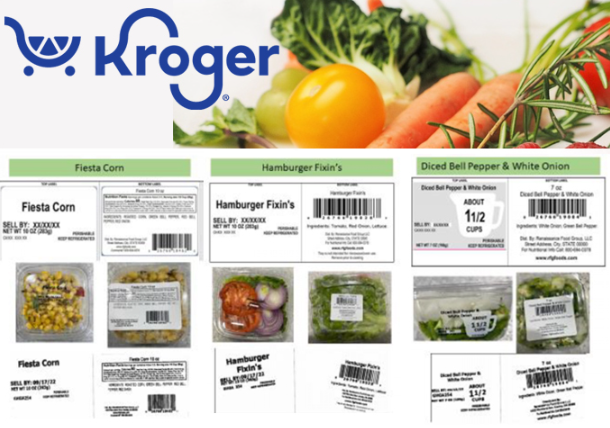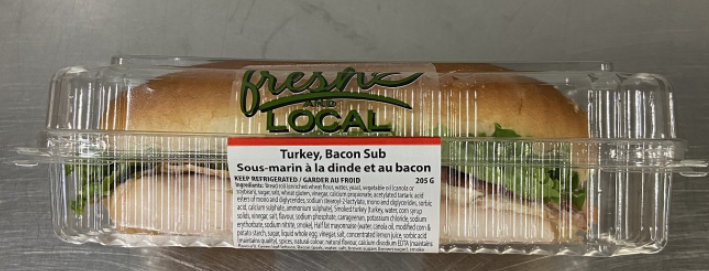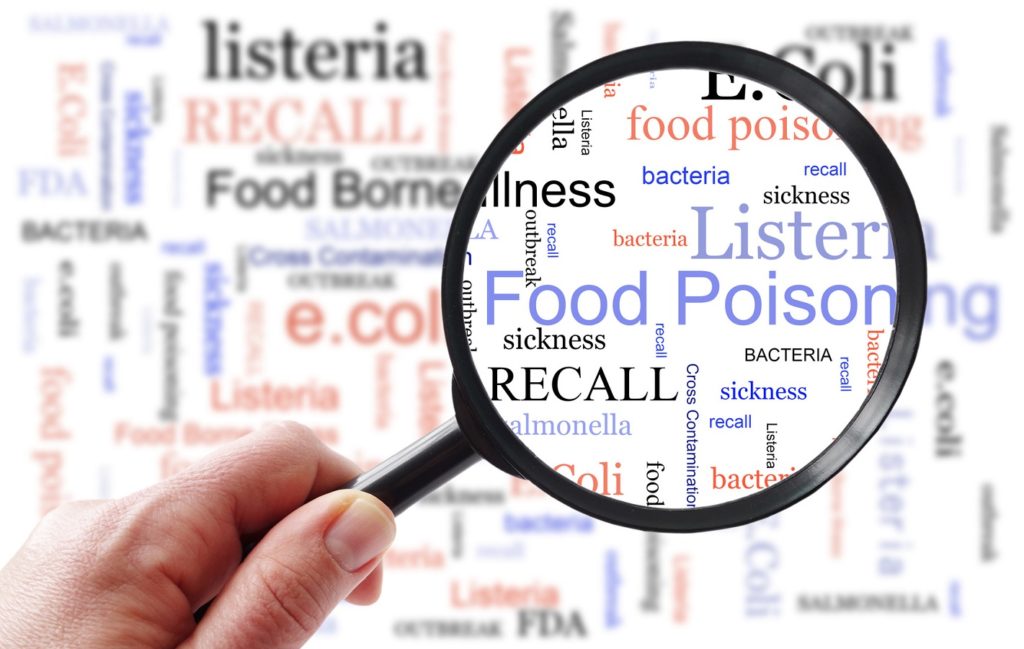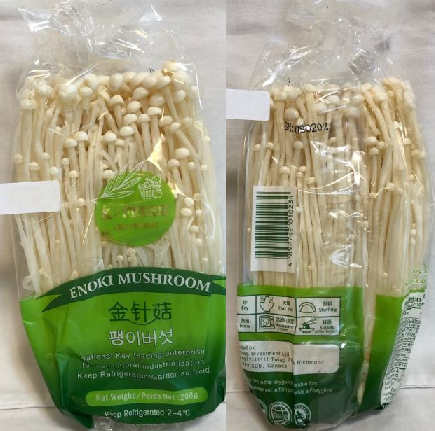The FDA reported that GHGA (Conley, GA) recalled products due to the potential to be contaminated with Listeria monocytogenes. The company is not aware of any illnesses linked to this recall. On 9/16/22, their laboratory notified the firm that a single product sample tested positive for Listeria monocytogenes. The products were sold to Kroger and distributed to retail stores on 9/11/22. The recall involves, among other things, Asparagus Saute, Diced Bell Pepper and White Onion, Diced Red Onion, Hamburger Fixins, Large Medium Salsa, Large Mild Salsa, Mango Habanero Blender, Mexican Style Layered Bean Dip, Mild Guacamole Blender, Mushroom Stir Fry Blend, Seasoned Squash Onion & Dill, Snacking Peppers, Spicy Guacamole Blender, Steak Topper, and Vegetable Bowl. The Sell-by Date has expired, and products were previously removed from store shelves and are no longer for sale. However, products could still be in consumers’ possession. These products were packaged in clear plastic containers and sold primarily in Kroger stores in the produce or deli sections in the states of Alabama, South Carolina, and Georgia. @ https://www.fda.gov/safety/recalls-market-withdrawals-safety-alerts/ghga-recalls-various-ready-eat-vegetable-products-due-possible-listeria-monocytogenes-contamination?utm_medium=email&utm_source=govdelivery
ruth
GHGA is recalling various products (see chart below) due to the potential to be contaminated with Listeria monocytogenes. No other GHGA products are affected by this recall. Listeria monocytogenes is an organism which can cause serious and sometimes fatal infections in young children, frail or elder
ruth
The CFIA reported that CLS Catering Services Ltd. recalled “Fresh and Local” brand turkey and bacon sub sandwiches from the marketplace due to Listeria monocytogenes. The company triggered the recall. The recalled product has been sold in British Columbia. There have been no reported illnesses associated with the consumption of this product. @ https://recalls-rappels.canada.ca/en/alert-recall/fresh-and-local-brand-turkey-bacon-sub-recalled-due-listeria-monocytogenes?utm_source=gc-notify&utm_medium=email&utm_content=en&utm_campaign=hc-sc-rsa-22-23&
ruth
The FDA team updated the CORE table: Traceback has been initiated for the Listeria monocytogenes outbreak (ref# 1106) in a not yet identified product. For the Salmonella Mississippi outbreak (ref# 1097) in a not yet identified product, the case count changed from 102 to 103. For the Salmonella Senftenberg outbreak (ref# 1087) in a not yet identified product, the case count changed from 27 to 30. For the Salmonella Typhimurium outbreak (ref# 1095) in a not yet identified product, the case count changed from 78 to 84. For the Cyclospora outbreak (ref# 1080) in a not yet identified product, the case count changed from 79 to 81. All the foods on the list are yet unidentified. @ https://www.fda.gov/food/outbreaks-foodborne-illness/investigations-foodborne-illness-outbreaks?utm_medium=email&utm_source=govdelivery
The following is a list of outbreak and adverse event investigations primarily being managed by FDA’s CORE Response Teams.
ruth
The CFIA reported that Kam Ding Investment Ltd had recalled K-fresh produce brand from the Canadian market due to potential contamination with Listeria monocytogenes. Canadian Food Inspection Agency test results triggered the recall. There have been no reported illnesses associated with the consumption of this product. The recalled Enoki has been sold in British Columbia and may have been distributed in other provinces and territories. @ https://recalls-rappels.canada.ca/en/alert-recall/k-fresh-fresh-produce-brand-enoki-mushroom-recalled-due-listeria-monocytogenes?utm_source=gc-notify&utm_medium=email&utm_content=en&utm_campaign=hc-sc-rsa-22-23&




